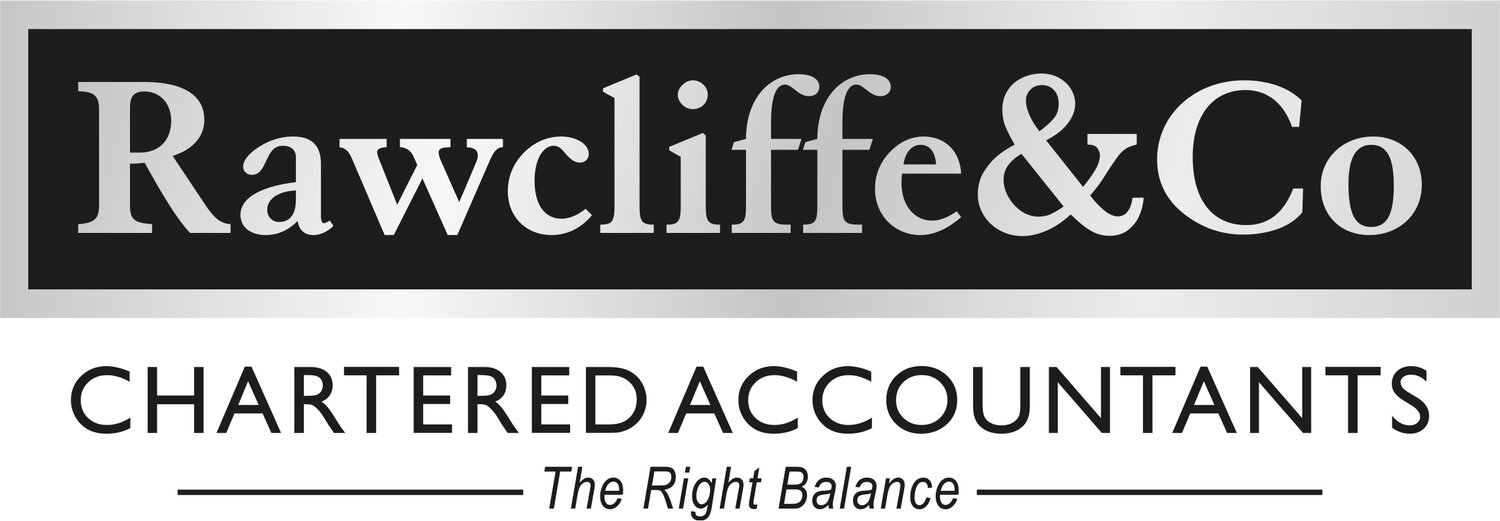There’s Still Time for Some Year End Tax Planning!
With the tax/financial year end approaching, now is a good time to check that you’re making the most of the available reliefs and allowances available to you. Please talk to us if you think any of the issues affect you.
Savings
If you have some spare cash, an obvious tax planning point might be to maximise your ISA allowances for the 2024/25 tax year (currently £20,000 per person). If you are 18 or over, but under 40, you can open a Lifetime ISA to save for your first home or retirement. You can put in up to £4,000 each year, until you’re 50, but you must make your first payment into your ISA before you’re 40. The government will add a 25% bonus to your savings, up to a maximum of £1,000 per year. The £4,000 Lifetime ISA limit counts towards the £20,000 ISA allowance.
Pension planning
You might also want to consider increasing your pension savings before 5 April 2025.
Under the current rules, the government adds to your pension contributions at the 20% basic rate. For instance, if you save £4,000 in a personal pension, the government tops this up to £5,000. If you are a higher rate taxpayer there is a further £1,000 tax relief when your tax liability is calculated, reducing the net cost to £3,000.
If you have income in excess of £100,000, your £12,570 personal allowance may be tapered. For every £2 of income in excess of £100,000, the personal allowance is reduced by £1, reducing to nil where net income is £125,140 or more. Additional pension contributions can be even more effective if your income is between £100,000 and £125,140; the gross pension contribution reduces net income for the purposes of calculating the reduction in the personal allowance. This is effectively a 60% tax saving.
Capital Allowances
Unless the business year end is 31 March or 5 April, the end of the tax year is not a significant date as far as capital allowances are concerned. In order for new equipment to attract capital allowances, the expenditure must be incurred on or before the end of the accounting period.
Limited companies and unincorporated businesses are entitled to a 100% write-off for the first £1 million spent on new and used equipment in a 12 month period. This “Annual Investment Allowance” (AIA) does not apply to motor cars, but there is a special 100% tax relief if you buy a new zero-emissions motor car.
In addition to the AIA, limited companies buying new (not second hand) equipment are entitled to fully expense the cost of most acquisitions against business profits. There is no financial limit on expenditure qualifying for this “full expensing” relief.
Where equipment is bought under a hire purchase contract, the capital allowances outlined above are available on the full cost of the asset provided it has been brought into use by the end of the accounting period. This is despite the fact that the payments may be spread over a number of months.
Capital Gains Tax (CGT) planning
You might wish to consider bringing forward capital gains to before 6 April 2025 if you haven’t used your £3,000 CGT annual exemption for 2024/25.
Paying Voluntary National Insurance Contributions
A retiring person needs to have 35 ‘qualifying years’ in order to claim the full state pension. For those with gaps in their record, usually due to not paying sufficient National Insurance Contributions (NICs), it is possible to ‘plug’ those gaps by paying Class 3 (Voluntary) NICs at £17.45 per week (£17.75 in 2025/26). Usually, it is only possible to pay Class 3 NICs in respect of the past six tax years, but there is currently an easement in place that allows taxpayers to pay Class 3 in respect of tax years going as far back as 2006. This easement expires on 5 April 2025, so it is worth considering making Class 3 payments before the opportunity is lost.
Stamp Duty Land Tax
Stamp Duty Land Tax (SDLT) applies to purchases of property in England and Northern Ireland. The following SDLT nil-rate thresholds are set to revert to their previous levels from 1 April 2025, so if possible, accelerating a completion date could be worthwhile in order to make a saving!
Furnished Holiday Lettings
As covered in previous editions of this newsletter, Furnished Holiday Letting (FHL) status will be abolished from 6 April 2025. This will mean an end to the beneficial tax treatment that has been enjoyed by FHL owners up to now. If you own an FHL property, it may be worth considering the cessation of your FHL trade prior to 6 April 2025, so that your ability to claim Business Asset Disposal Relief in the normal period of three years post cessation can be preserved.
If you wish to continue operating your property as a holiday let, and are considering making any renovations to the property, it’s worth remembering that you can still claim capital allowances for expenditure on a qualifying FHL prior to 6 April 2025, so you may wish to accelerate such expenditure.


